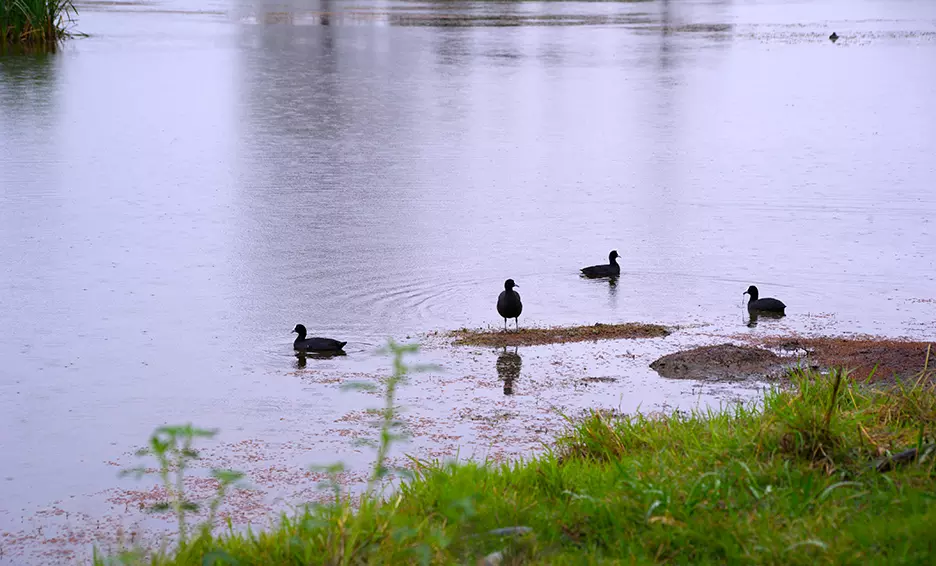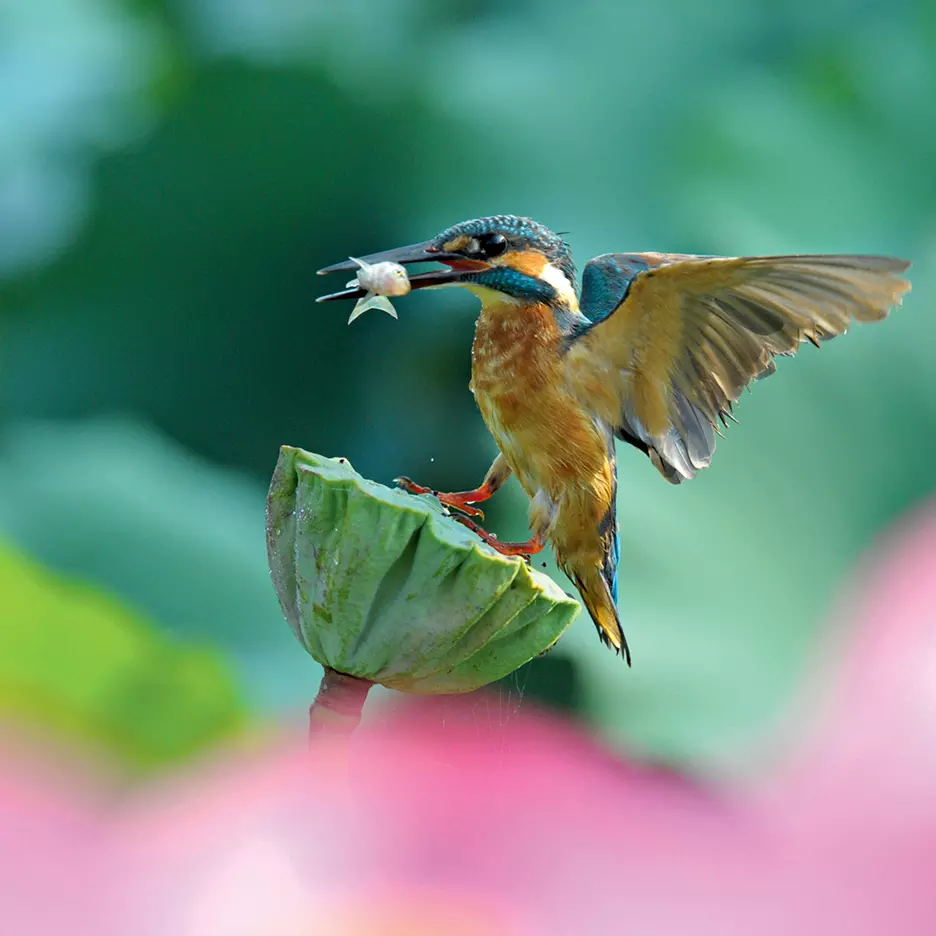GenerationRestoration# "Reimagine. Recreate. Restore": with this theme, the UN World Environment Day 2021 (June 5) warns us about the destruction of natural environments. The restoration of ecosystems contributes to fighting both climate change and the collapse of biodiversity. It also marks the start of the UN Decade on Ecosystem Restoration, which aims to bring billions of hectares of forests and farmland back to life. On this occasion, Veolia, a leader in ecological transformation, commits to deploying solutions to restore the biodiversity of ecosystems.
Every three seconds, the world loses an area of forest the size of a football pitch and over the last century we have destroyed half of our wetlands. This loss of ecosystems deprives the world of carbon sinks and creates the conditions for the spread of pathogens such as coronavirus.
Reducing Veolia's environmental footprint
With its three business lines - water, waste and energy management - Veolia limits the pollution of soil and aquatic environments by collecting and treating household and industrial waste. It preserves natural resources by recycling waste and helps to reduce the release of pollutants into the air by producing green energy.
According to Coline Jacobs, head of the commitment to biodiversity protection in Veolia's Sustainable Development Department, and head of the "Business and Biodiversity" working group of the French committee of the International Union for Conservation of Nature (IUCN):

Veolia's activities do fragment natural habitats because of the footprint of its facilities. And its discharges into the water, air and soil contain residual pollution. This is why Veolia is working to reduce its environmental footprint. In particular, this involves preserving the biodiversity of sites, managing ecological spaces, and creating and restoring ecosystems.

In addition, Veolia has developed some tools: one, in partnership with the French IUCN committee and the consulting firm Ecosphère, measures its footprint on the natural environment and on the biodiversity of its most sensitive sites. Another, developed with the Noé association, is the online calculator EcoLogiCal, which evaluates the benefits of ecological site management.
Veolia is also active in the EpE (Entreprises pour l’Environnement) Act4Nature to boost its action in the regions and better safeguard nature. With 8,000 sites in 46 countries, the Group adapts to different contexts and local environmental standards.
-
The return of 140 bird species near an industrial site (China)
50 km from Beijing, the Beijing Yanshan PetroChemicals (BYP) complex, one of China's largest petrochemical sites and a subsidiary of Asia's largest refiner, Sinopec, treats more than 10 million tonnes of crude oil per year. Protecting the site's natural ecosystem is now a priority for the company. It entrusts the management of drinking, process and waste water to Veolia, which has built three wastewater treatment plants there. Now 60% of the site's wastewater is reused. Clean water is returned to the nearby NiuKouYu park, which is home to some very rich natural ecosystems: to restore biodiversity, Veolia has rehabilitated 8 hectares of wetlands at the outlet of the treatment plant. This vast area of ponds and willow forests is now home to insects, amphibians, badgers, hares and rodents. The restoration of the biodiversity in this ecosystem has resulted in the return of 140 species of birds including black storks, swans and kingfishers.
-
Drawing inspiration from nature to manage water-related natural hazards (France)
In Châlons-en-Champagne (Greater Eastern Region), Veolia has embarked on an initiative to restore alluvial biodiversity on the banks of the Marne near its wastewater treatment plant. The creation of a wetland, which encourages aquatic animal and plant life, stabilizes the banks in the event of flood or drought, and restores the natural features of the Marne riverbed. A visitor circuit raises users' awareness of biodiversity, the overall water cycle and everyday actions that help to conserve water.
-
Setting up a participative orchard-school on a former industrial site (France)
The former landfill site in Ludres (Meurthe-et-Moselle) is already home to 400 forest plants and 260 local species of shrubs. In addition, to raise public awareness of biodiversity issues, there is an orchard-school, created by Veolia in collaboration with Les croqueurs de pommes de Lorraine. The label "J’agis pour la biodiversité (I act for biodiversity)" has certified this participative orchard containing 50 local and old varieties of fruit trees for its work in countering the disappearance of natural species.


